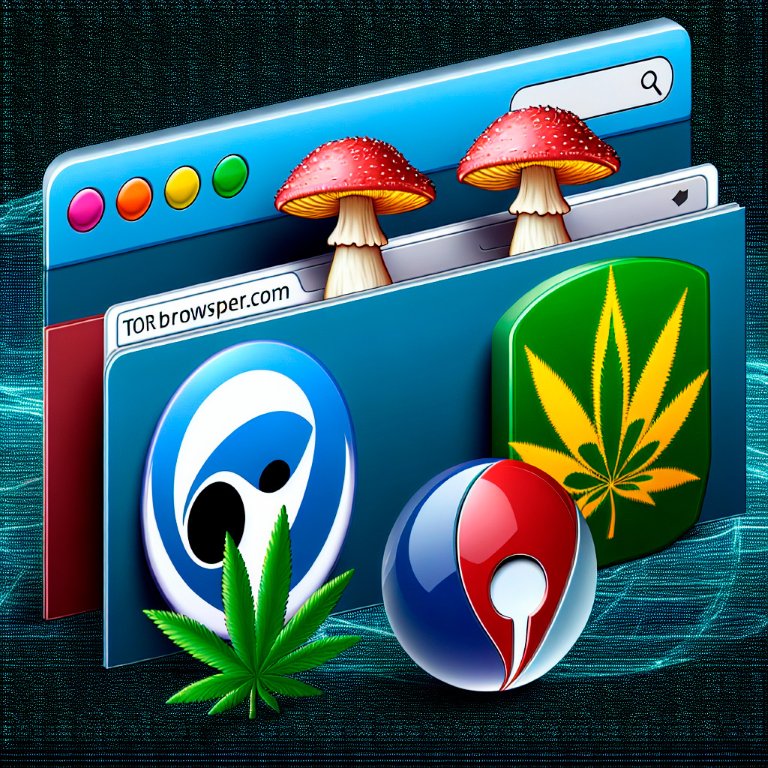The advent of the internet has revolutionized how we shop and access goods, but it has also spawned a hidden realm known as the dark web. Within this shadowy corner of the internet, dark web markets prosper, offering an variety of illicit products and services that are often just a click away. These markets operate beyond the reach of conventional regulatory frameworks, creating an environment where anonymity and secrecy dominate.
As e-commerce continues to dominate the international marketplace, understanding the dynamics of these underground markets becomes increasingly important. They reveal not just the darker aspects of consumer behavior but also the challenges faced by law enforcement and policymakers. By investigating how dark web markets function, we can gain insights into the complexities of modern commerce and the ever-evolving landscape of online transactions.
Grasping the Shadowy Web
The dark web is a segment of the internet that is not indexed by standard search engines, making it a hidden space reachable solely through specific software, settings, or permissions. The primary method of accessing the dark web is through the Tor service, which hides users' personal information and behaviors. This environment attracts a variety of individuals searching for privacy, including informants, activists, and those participating in unlawful activities.
Within the dark web, a range of marketplaces exist, providing goods and services that can range from the innocuous to the extremely unlawful. These markets often employ cryptocurrencies, adding an additional layer of anonymity. Users can buy a wide array of products, including forbidden drugs, counterfeit currency, hacking services, and illegally obtained data. This anonymity, while a benefit for many, brings up serious issues regarding safety, legality, and moral considerations.

The architecture of the dark web is designed to encourage privacy and security, which can create both beneficial and detrimental outcomes. While it provides a safe haven for those needing anonymity, such as journalists reporting in repressive regimes, it also acts as a refuge for illicit activities. Comprehending this duality is vital to understanding the intricate dynamics that characterize dark web markets and their effect on the public at whole.
Systems of Dark Web Markets

Darknet markets operate on the principle of concealment, utilizing instruments and methods that help safeguard the identities of both buyers and merchants. The most common means of accessing these markets is through specialized software like Tor, which obfuscates user addresses and protects communications. This anonymity is a double-edged sword as it draws in not just legitimate privacy supporters but also illegal operators seeking to purchase or trade illicit goods and services. The market settings are often constructed to resemble classic online shopping websites, making it easier for participants to move through and execute deals.
Payment methods in darknet markets typically rely on digital currencies, with BTC being the most popular. These digital currency exchanges provide an added layer of security, as they can be challenging to trace. Merchants may create an escrow system to ensure that payments are only released once the customer acknowledges receipt of the items. This trust mechanism is essential in an environment where standard consumer protection laws do not apply. Vendors may also cultivate status through feedback from clients, akin to user reviews on popular websites, which helps show dependability and quality among the vast and often disorderly offerings.
Fraud and scams are widespread in darknet markets, as the shortage of regulation creates a hotbed for deception. Users face risks from both unscrupulous sellers and authorities. To reduce these dangers, many markets utilize protections, such as mandating participants to engage in community forums for authentication and using multi-signature wallets to enhance transaction security. As dark web markets continue to change, new methods of functioning are emerging, adapting to shifts in tech and law enforcement strategies, thus perpetuating a intricate cycle of innovation and illicit transactions.
Risks and Ethical Implications
Participating with underground internet markets presents considerable risks, for buyers and sellers. The secrecy that these platforms provide can be tempting, but it also creates a dangerous environment in which scams and fraud are prevalent. Users may discover themselves falling victim to counterfeit goods or being cheated out of their money with no means of recourse. Additionally, the risk of legal repercussions is significant, as many transactions pertain to illicit goods and services that can lead to stringent penalties if caught by law enforcement.
In terms of ethics, the existence of dark web markets raises critical concerns. The sale of illegal substances, weapons, and stolen data not only challenge the legality of such transactions but also contributes to societal harm. These markets can perpetuate addiction, violence, and theft, which impacts individuals and communities equally. Furthermore, the secrecy provided can desensitize individuals to the moral implications of their purchases, creating a disconnect between action and consequence.
Moreover, the dark web is instrumental in encouraging a culture of cybercrime that extends beyond simple consumer transactions. It enables the exchange of knowledge and tools that can be used for malicious purposes, such as hacking and identity theft. This environment perpetuates a cycle in which crime becomes accessible and even normalized, raising profound ethical questions about individual accountability and the impact of technology on human behavior. darknet site of anonymity versus accountability presents continuing challenges for both society as a whole.
